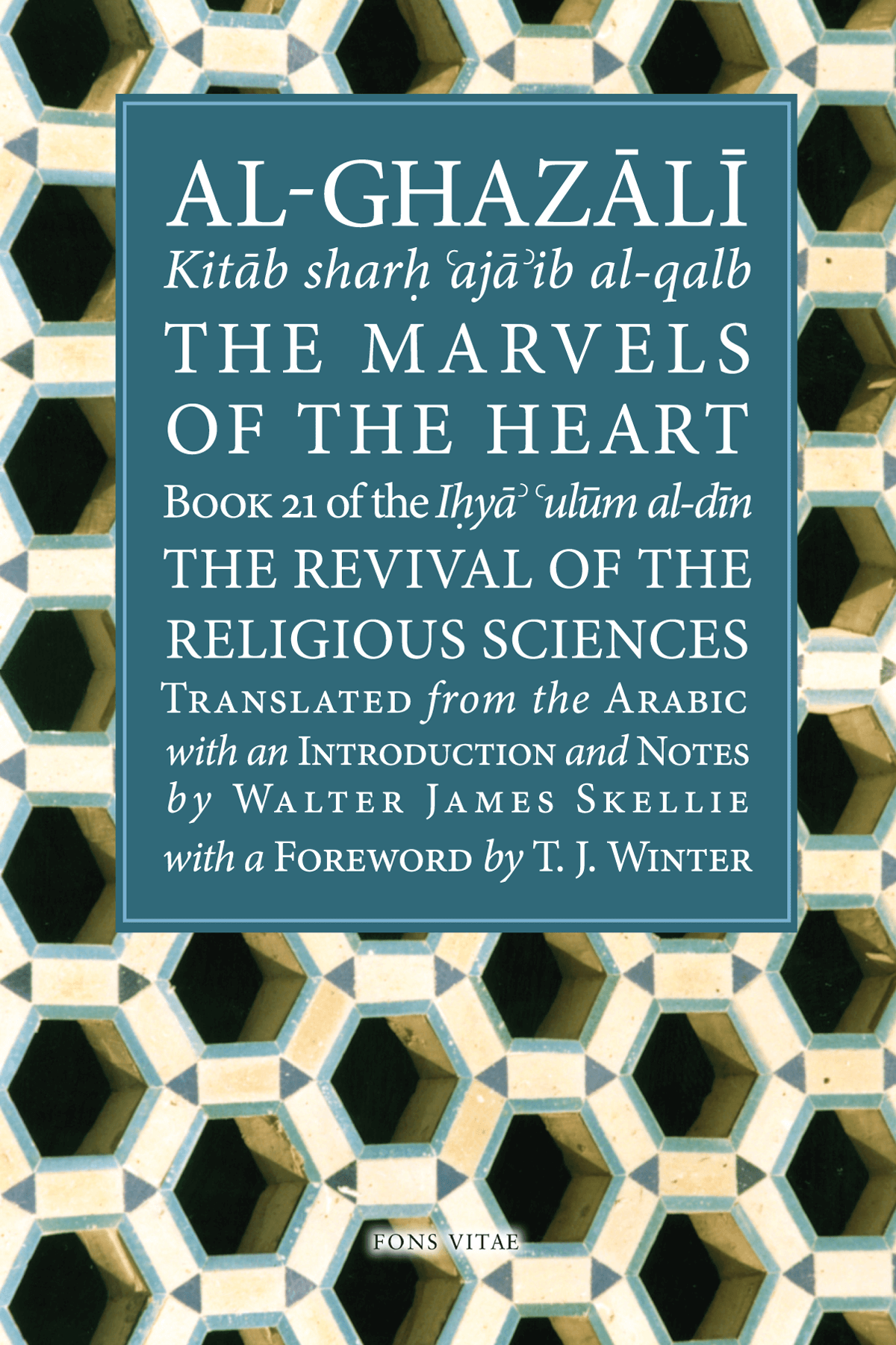Abu Hamid Al-Ghazali’s The Marvels of the Heart: The Revival of the Religious Sciences was one of the two readings we had to read for class this week, and personally, I found it to be the most interesting of the two as well. The text seems to investigate the journey of gaining spiritual knowledge and religious knowledge to some extent. Al-Ghazali argues that there’s a true nature to everything, including humans, since it is believed that humans and the world were created by God, the true essence of humans contains the knowledge of God.

Al-Ghazali suggests that there are three degrees of faith that influence your journey of finding the true nature of things. According to Al-Ghazali, the first degree of faith is accepting and trusting authority without questioning or criticizing them. This form of faith seems interesting to me because it relies on trusting the honesty and goodness of people since it is the same as trusting and believing in hearsay. In the context of religion, this seems to portray the idea of believing religious authority figures such as the prophets. While I do somewhat agree with the idea of believing and trusting in authority figures, I do think that this trust should not exceed a certain extent since there is no evidence to support their words. Often any evidence that does support the ideas and words of these authority figures is not seen or experienced by us, rather we hear or read about others experiencing it. This results in the same idea of hearsay; we trust the people who say they’ve seen or experienced evidence of this knowledge, without us actually experiencing it ourselves.
The second is faith in speculative theologians and the belief in the importance of being skeptical. I think that this is a very important part of faith because I believe that if what you’re exploring is true and truth, questioning it would lead to more answers and increase your faith and belief in it. Al-Ghazali implies in the text that skepticism is necessary to find true knowledge, but that made me wonder; why are we often discouraged in questioning things? Personally, I grew up believing in things such as religion, tradition, and anything that my country and government told its people, whether it was true or if it were just plain propaganda it didn’t matter because I was told to believe it regardless. So why is there this fear of questioning how things typically are? Since we believe that our religion, tradition, governments, etc, are all good and honest, then finding their true nature shouldn’t be a problem, but it often is. I think this has to do with our doubt on whether what we believe in is actually true or not, as well as our fear of not knowing. So we fear finding out that what we believe in could be false because we are afraid of the feeling of being unaware and in the dark, thus we tend to choose to stay somewhat ignorant of the truth and continue believing in what we were always told to believe, rather than investigate the truth and end up disappointed.
The third faith that Al-Ghazali mentions is faith through experiential knowledge. Al-Ghazali explains that experiential knowledge is vital because it acts as evidence and verifies our beliefs. Experiential knowledge in the case of religion and spirituality would be experiencing the presence of God; as Al-Ghazali previously mentions, the presence of something is fundamental and its image being reflected onto the heart is even more important. It seems to me that seeking experiential knowledge is an outcome of rejecting the idea of blind belief, and it follows the path of skepticism as it is used to confirm and answer our beliefs and questions. Although, I do question how necessary experiential knowledge is in obtaining true knowledge since Al-Ghazali stresses its importance, while in my opinion, experiential knowledge is to some extent unrealistic and in conflict with the idea of faith in God. It seems quite impossible to find out the true nature of things even if that is what you desire because you will never be able to see nor experience the evidence supporting everything, besides the amount being impractical, some things just tend to be unreachable. In my opinion, unreachable things, physical objects such as other planets and the physics of the universe, as well as spiritual and religious entities such as God, are a part of the this-worldly experience, and experiencing them might disfigure the true nature of it. For example, experiencing the true nature of God might change our understanding of everything since God, is a supreme being, so how is a supreme being reachable by humans which are supposed to be a species lower than the supernatural or religious deity? Personally, experiential knowledge to me seems like it can confirm beliefs in some cases, but also be in conflict with others since it cannot prove nor disprove the belief.
Al-Ghazali’s three degrees of faith appear to be written in the form of a guide, as if following each degree to certain extents could lead you to find the truth and true nature of things, which is knowledge that almost all of us desire in a particular aspect. Although I am critical of Al-Ghazali’s path to true knowledge, it is definitely an interesting read, especially in contrast to our previous readings in this class and other classes which usually focus on western texts and epistemologies.